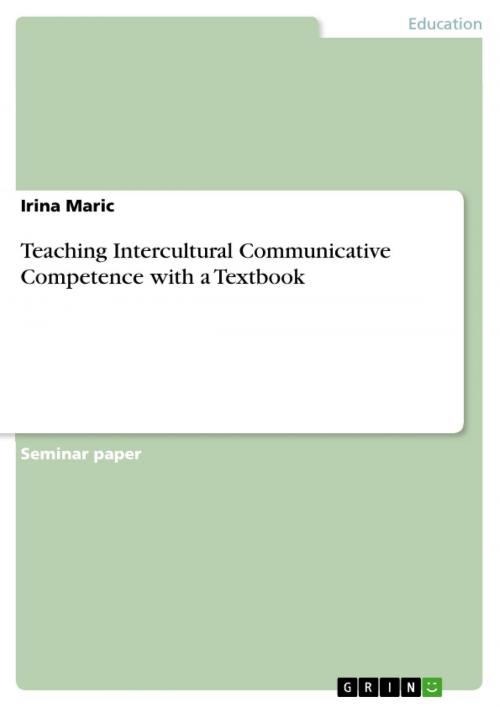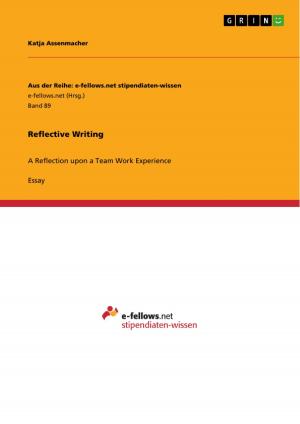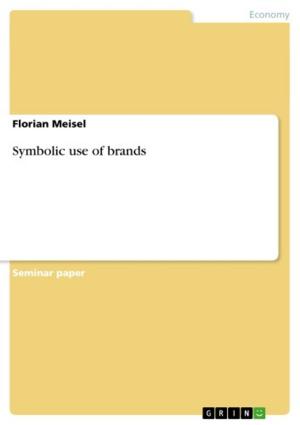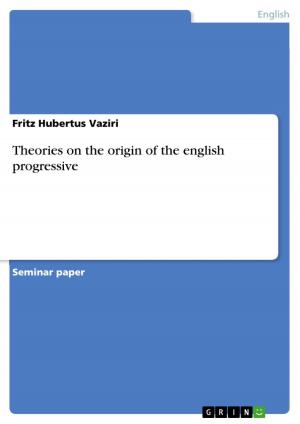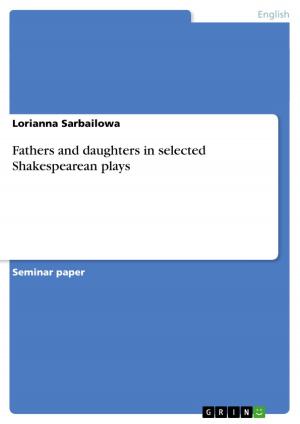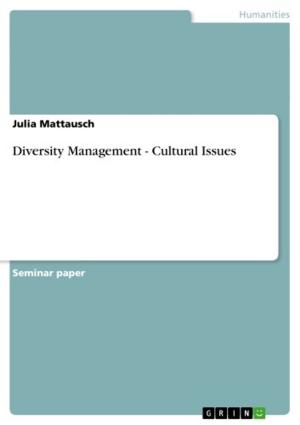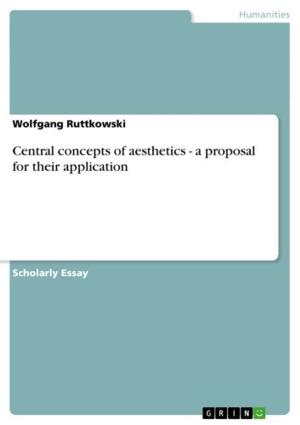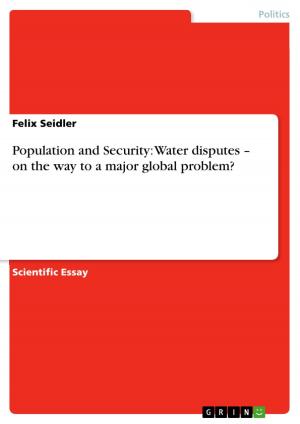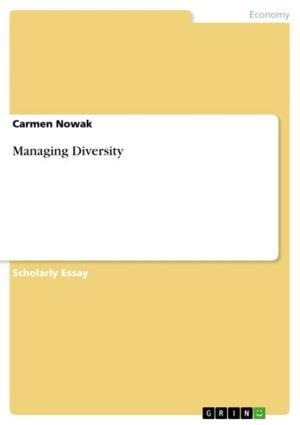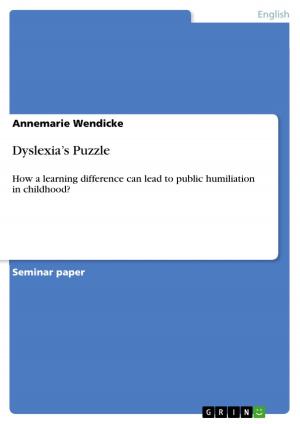Teaching Intercultural Communicative Competence with a Textbook
Nonfiction, Reference & Language, Study Aids, ESL, Foreign Languages| Author: | Irina Maric | ISBN: | 9783656317487 |
| Publisher: | GRIN Publishing | Publication: | November 22, 2012 |
| Imprint: | GRIN Publishing | Language: | English |
| Author: | Irina Maric |
| ISBN: | 9783656317487 |
| Publisher: | GRIN Publishing |
| Publication: | November 22, 2012 |
| Imprint: | GRIN Publishing |
| Language: | English |
Seminar paper from the year 2011 in the subject English - Pedagogy, Didactics, Literature Studies, grade: 13,00 Punkte, Justus-Liebig-University Giessen (Institut für Anglistik), course: Developing Intercultural Communicative Competence in the EFL Classroom, language: English, abstract: Although intercultural concepts tend to essentialism and reductionism and thus run the risk of constructing artificial ethnic differences and stereotypes, the existing models are quite useful for teaching purposes as well as for the purpose of this paper which is to analyse a textbook for German high school in order to find out more about its potential to help develop ICC. In my view, using both terms interchangeably is acceptable as long as one considers culture to be a dynamic, negotiable phenomenon (cf. Freitag 2008). Regarding the actual teaching I agree with Hu (2009) that intercultural concepts in spite of their deficits cannot and should not be replaced immediately, but gradually with the narrative-constructive concepts of intercultural learning in mind. The national KMK-Bildungsstandards (2010: 12f.) set rather high standards for ICC emphasising the role of literature and diversity of texts in developing ICC. Landeskunde should be taught as well, but not only to impart fact knowledge, but to enable students to communicate in real intercultural situations. Generally speaking, the task of a teacher is to prepare his students for the challenges of future life and they are definitely going to take place in a globalized, inter- or transcultural world. According to the White Paper on Intercultural Learning by the Council of Europe, in a democracy, we do not only have the opportunity, but the duty to act as active, responsible, reflective and self-critical citizens, respectful of others and to help build a peaceful, democratic world. (2008: 29). I think that helping students to achieve this aim is best done by enhancing their discourse ability (more in chapter 2.1) Since the most common way of teaching EFL in Germany is by using a textbook (cf. Kurtz 2010), this paper will try to find out how well this can be done in regard to developing ICC based on the realities of the FL classroom. In order to do so first of all we have to clarify the basic theoretical concepts which are needed to understand the idea of intercultural communication and consequently the competences which are required for the successful accomplishment of that interactive task. In a second step I will conduct a small qualitative research exploring and evaluating both the theoretical ICC learning models and the textbook New Context.
Seminar paper from the year 2011 in the subject English - Pedagogy, Didactics, Literature Studies, grade: 13,00 Punkte, Justus-Liebig-University Giessen (Institut für Anglistik), course: Developing Intercultural Communicative Competence in the EFL Classroom, language: English, abstract: Although intercultural concepts tend to essentialism and reductionism and thus run the risk of constructing artificial ethnic differences and stereotypes, the existing models are quite useful for teaching purposes as well as for the purpose of this paper which is to analyse a textbook for German high school in order to find out more about its potential to help develop ICC. In my view, using both terms interchangeably is acceptable as long as one considers culture to be a dynamic, negotiable phenomenon (cf. Freitag 2008). Regarding the actual teaching I agree with Hu (2009) that intercultural concepts in spite of their deficits cannot and should not be replaced immediately, but gradually with the narrative-constructive concepts of intercultural learning in mind. The national KMK-Bildungsstandards (2010: 12f.) set rather high standards for ICC emphasising the role of literature and diversity of texts in developing ICC. Landeskunde should be taught as well, but not only to impart fact knowledge, but to enable students to communicate in real intercultural situations. Generally speaking, the task of a teacher is to prepare his students for the challenges of future life and they are definitely going to take place in a globalized, inter- or transcultural world. According to the White Paper on Intercultural Learning by the Council of Europe, in a democracy, we do not only have the opportunity, but the duty to act as active, responsible, reflective and self-critical citizens, respectful of others and to help build a peaceful, democratic world. (2008: 29). I think that helping students to achieve this aim is best done by enhancing their discourse ability (more in chapter 2.1) Since the most common way of teaching EFL in Germany is by using a textbook (cf. Kurtz 2010), this paper will try to find out how well this can be done in regard to developing ICC based on the realities of the FL classroom. In order to do so first of all we have to clarify the basic theoretical concepts which are needed to understand the idea of intercultural communication and consequently the competences which are required for the successful accomplishment of that interactive task. In a second step I will conduct a small qualitative research exploring and evaluating both the theoretical ICC learning models and the textbook New Context.
